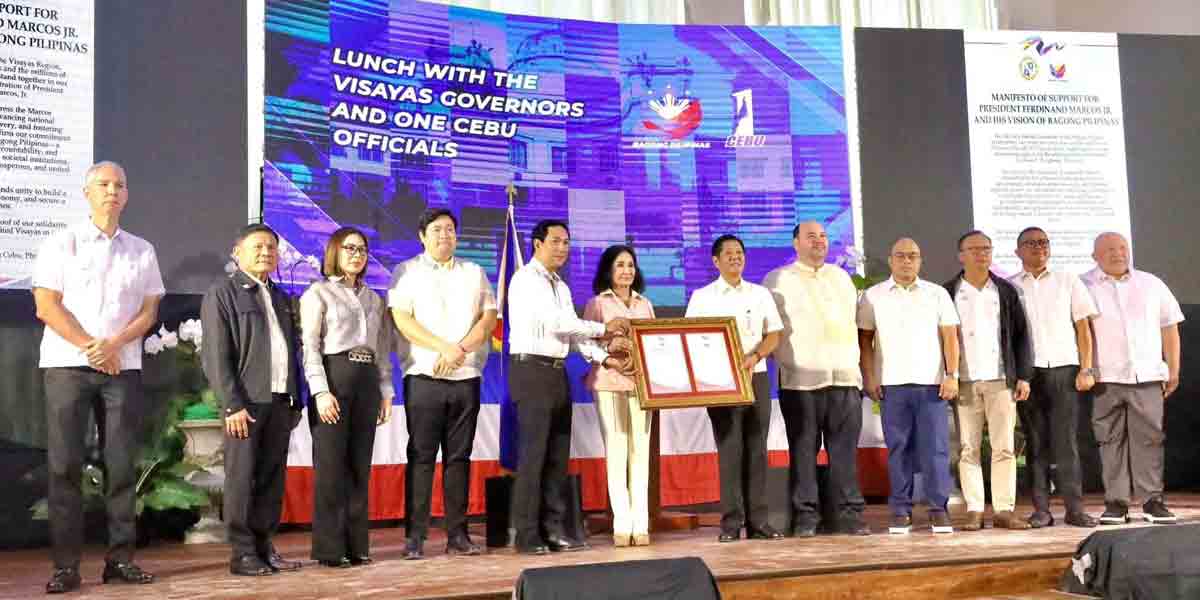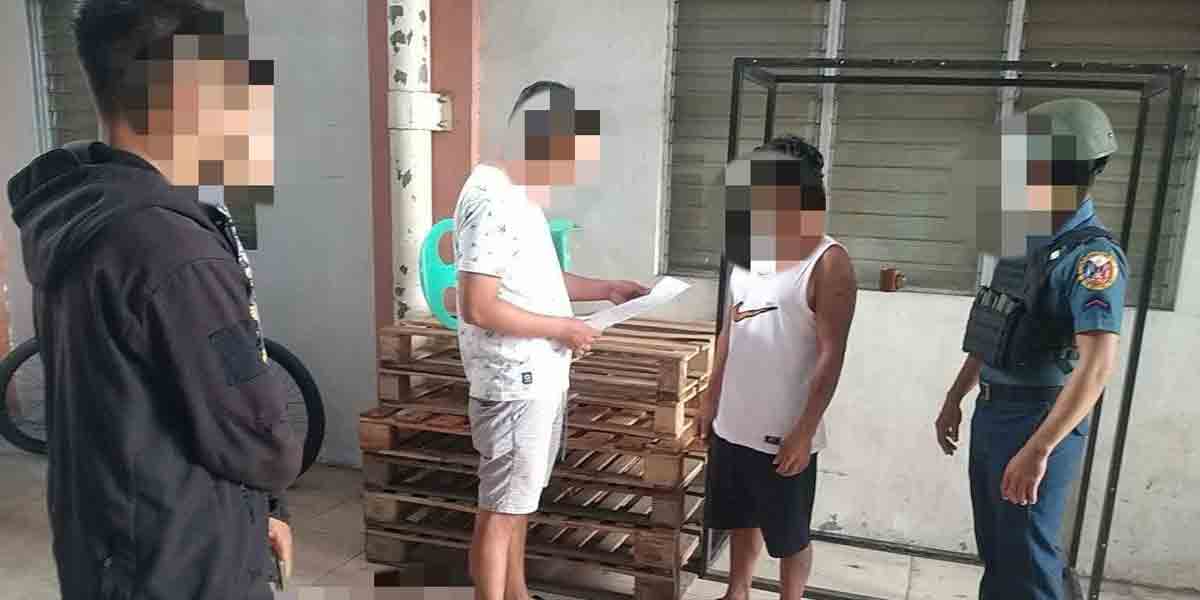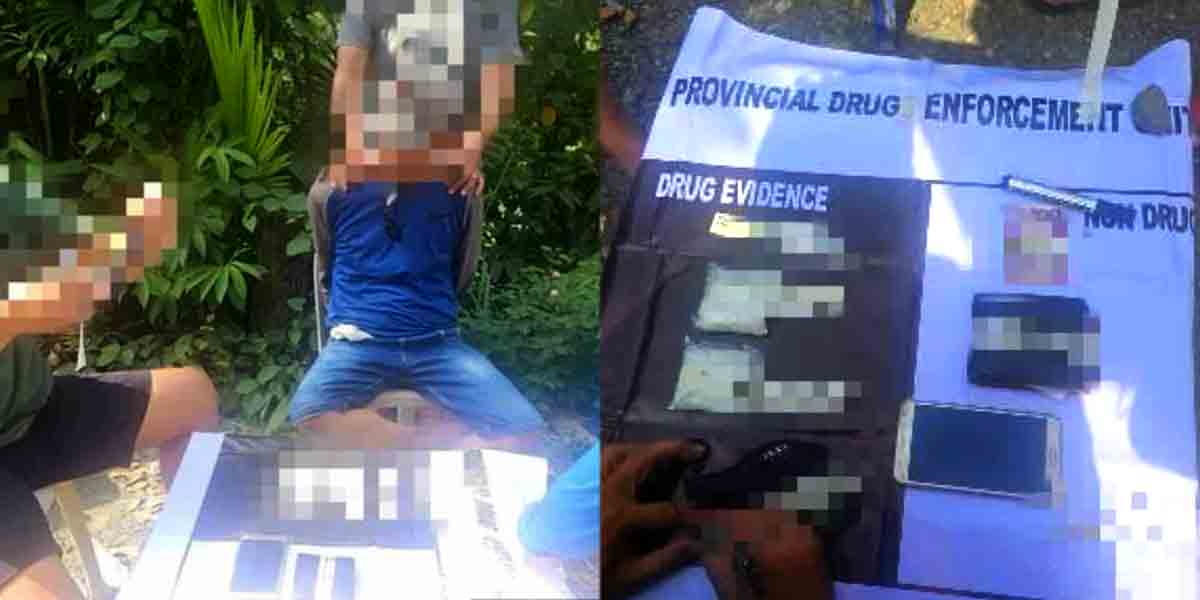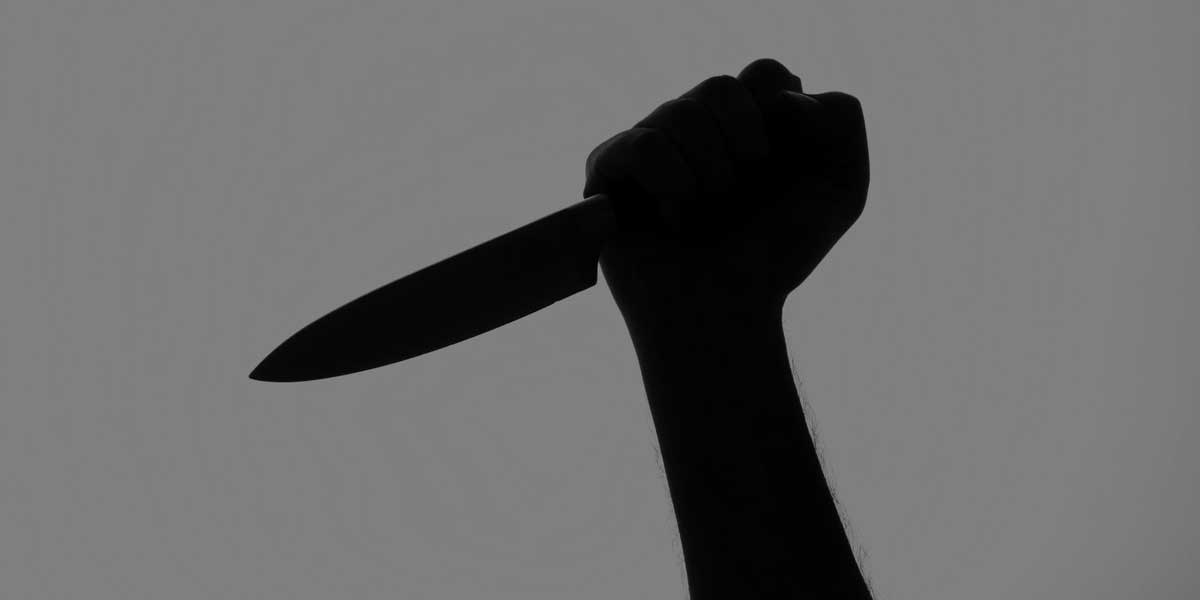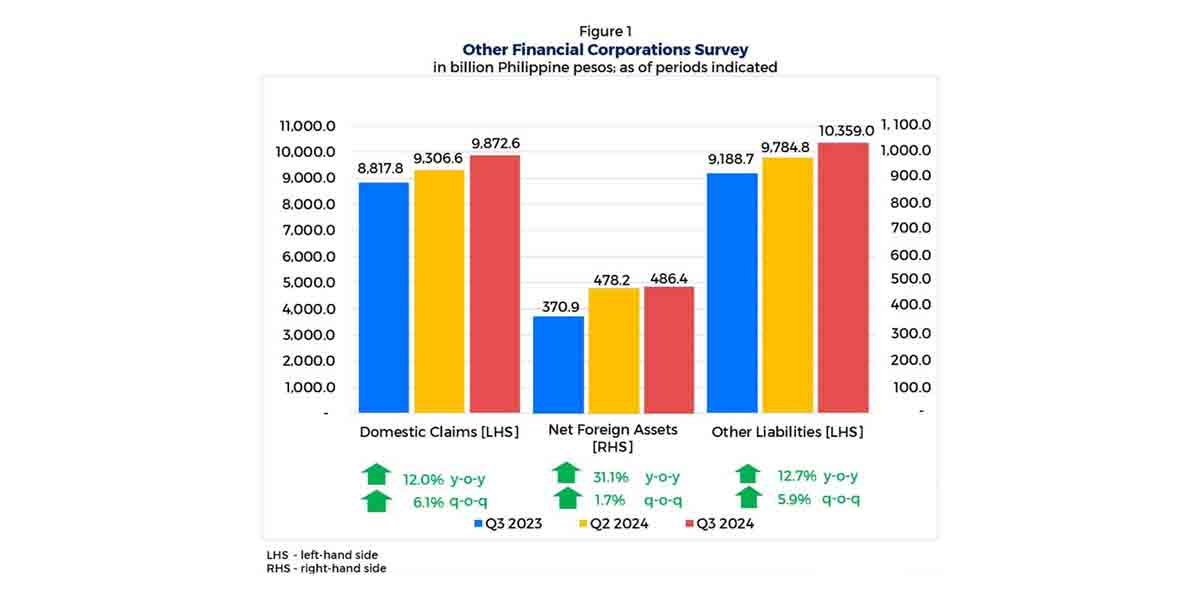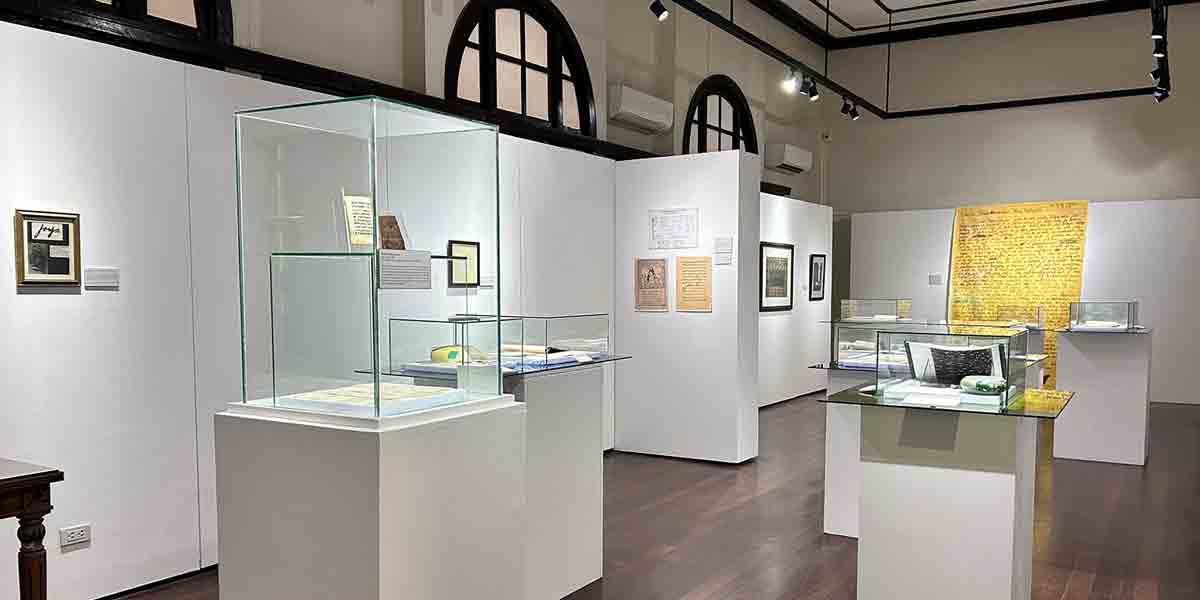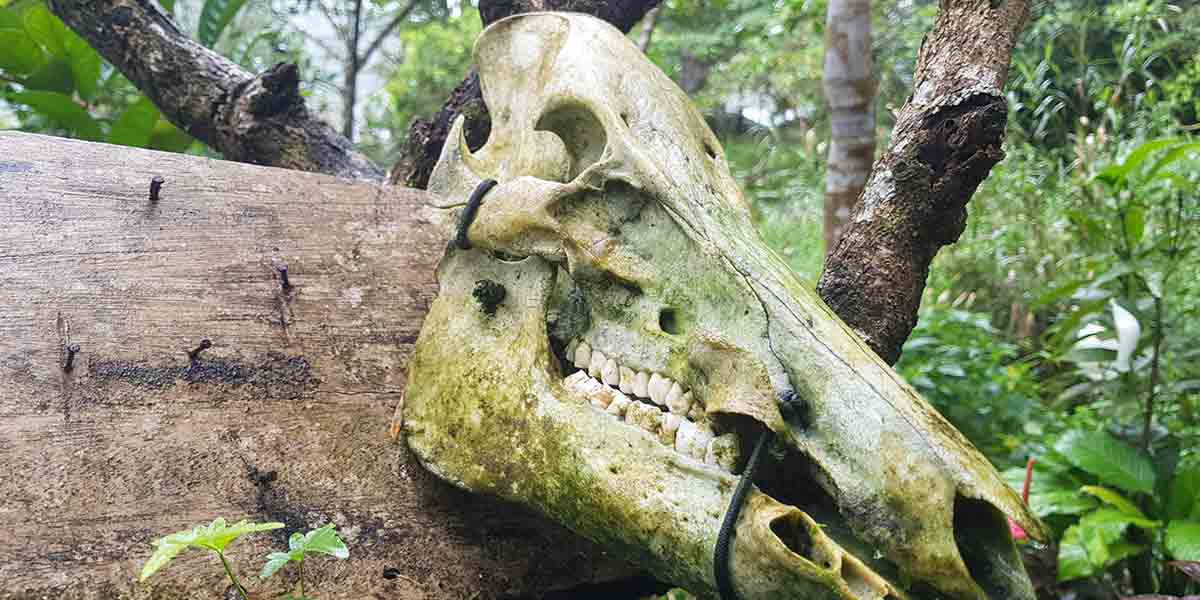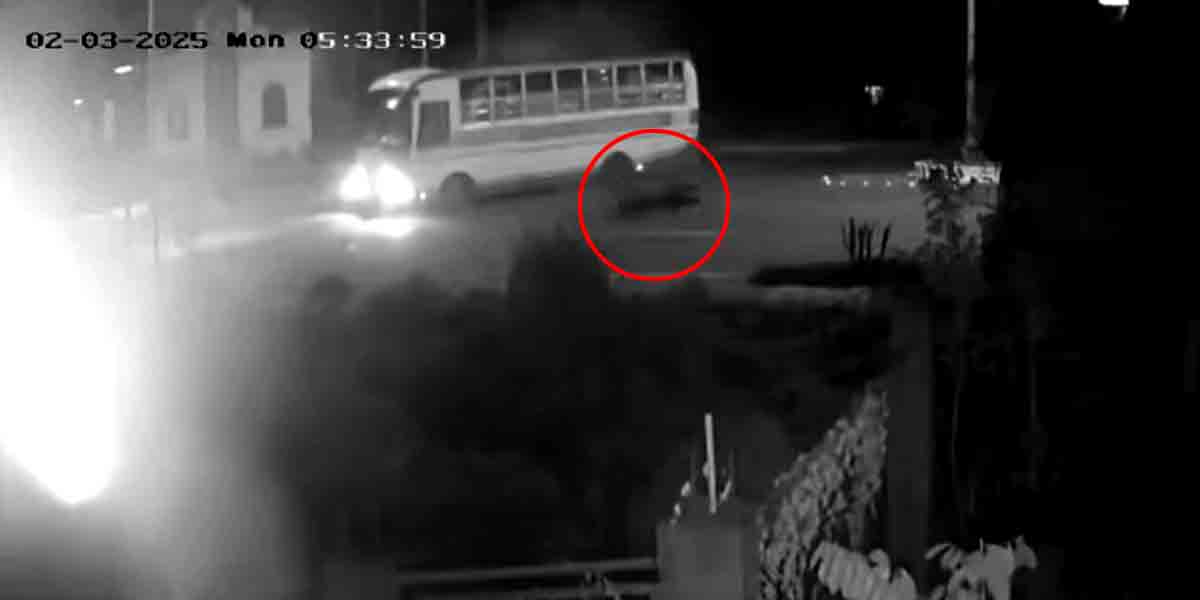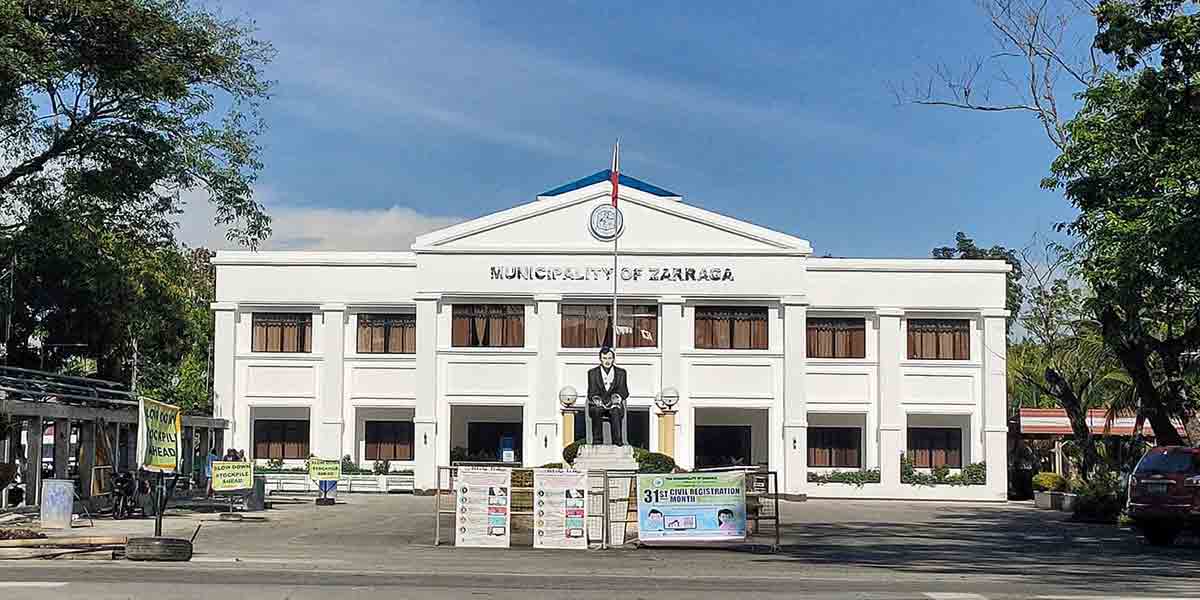Senate Minority Leader Franklin M. Drilon called for full transparency in the country’s pork importation scheme and urged the Department of Agriculture (DA) to disclose the list of meat importers under the minimum access volume or MAV scheme.
“I call for complete transparency. If we are transparent, we can avoid people’s perception that there is corruption in pork importation,” said Drilon, citing various allegations of “tongpats” or kickbacks in pork importation.
“Sino ang makikinabang? Saan manggagaling ang imported pork? Sino ang importer?” added Drilon in an interview with radio station DzBB.
Drilon made the remarks as the Senate Committee of the Whole convenes on Monday to inquire into the food security crisis caused by the outbreak of African Swine Flu. Last month, the Senate adopted Resolution No. 97 urging the President to declare a State of National Emergency due to the severe impact of the African Swine Fever and opposing the proposed reduction in tariff and increase in MAV.
Amid allegations of corruption, Drilon said the DA should disclose the recipients of meat import certificates under the MAV scheme.
He cited how a similar scheme in the country’s rice importation scheme is also plagued with corruption allegations.
“Noong panahon ng rice importation control, marami kang naririnig na commission na galing doon sa mga bansa na binibilhan natin ng bigas. The same situation here. Sino ba ang importer at saan manggagaling?” Drilon said.
The President issued Executive Order 128 which orders the reduction of tariffs on fresh, chilled, or frozen pork meat under quota or the minimum access volume (MAV) to 5 percent for the first three months of the order’s validity and to 10 percent for the fourth to 12 months of the order’s effectivity. For pork imports outside the MAV, EO 128 reduces the tariff rate to 15 percent on the first three months and 20 percent on the fourth to 12th month of effectivity.
The government also wants to increase the minimum access volume (MAV) to 350,000 metric tons from the current 150,000 metric tons.
“How would the additional MAV be allocated? What are the guidelines?” Drilon asked.
The Senate minority leader said the Senate should weigh the effects of the lowered tariff rates on pork and increased MAV on the local hog industry. He cited reports that the move could adversely affect local hog raisers.
He also pointed to around P11 billion in revenues that could be foregone as a result of the reduction of tariff rates on pork import amid the country’s depleting resources due to the continuing COVID-19 pandemic.
Drilon said fixing tariff rates, while Congress is not in session, is within the power of the President.
He, however, said the President may amend or revoke the EO once it is shown that lowering tariff on pork imports and increasing MAV will be harmful to local hog raisers and result in foregone revenues.

